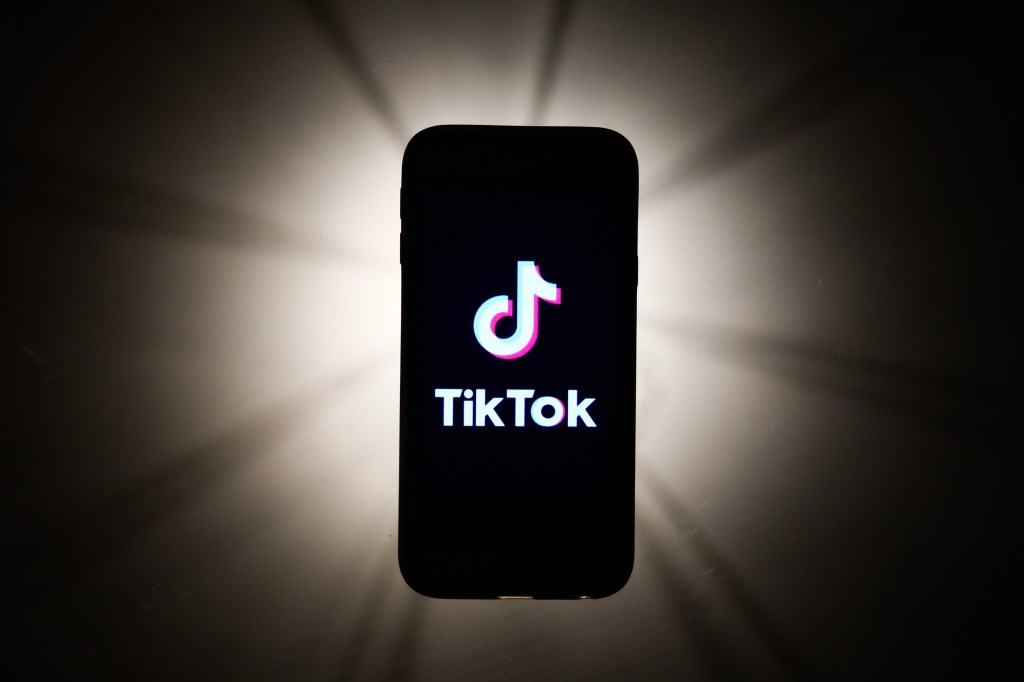A U.S. federal court has said a ban on TikTok will not go into effect on Monday, as scheduled.
The move to delay the anticipated ban will allow Americans to continue using the app while the court considers the ban’s legality and whether the app poses a risk to national security, as the Trump administration claims.
For weeks since President Donald Trump signed two executive orders in early August, the government has threatened to shut down the viral video sharing app over fears that its parent company ByteDance, headquartered in Beijing, could be forced to turn over user data to the Chinese government. TikTok, which has 100 million users in the United States alone, has long rejected the claims.
TikTok first filed a lawsuit against the administration on September 18, and on Thursday this week filed a last-minute injunction in an effort to stop the ban going into effect Sunday night. On Friday, the government asked the court to reject the injunction in a sealed motion, which the government later refiled as a public motion with some redactions. A public hearing on the injunction was set for Sunday morning. The case is being heard in DC District Court, by judge Carl J. Nichols presiding.
In its ruling on Sunday, the court gave just its decision, with the formal opinion handed over privately to just the two opposing parties. Due to sensitive material included in the government’s motion, the parties have until Monday to ask for any redactions before the final opinion will be published.
The decision is just the latest episode in the continuing saga of the sprawling fight over the future of the fastest-growing social app in America. A deal reached between ByteDance and the U.S. government last weekend was believed to have resolved the standoff between the two parties, but the deal has frayed over disputed details between buyer Oracle and ByteDance.
The administration first launched an action against TikTok on August 6, with President Trump arguing in an executive order that the app posed an unreasonable national security risk for American citizens. That order mirrored a similar one published the same day that put restrictions on the popular Mandarin-language messenger app WeChat, which is owned by China-based Tencent.
Last weekend, a federal magistrate judge in San Francisco put in place an injunction on the Commerce Department’s ban on WeChat, pending further court deliberations. TikTok, whose arguments mirror those in the WeChat lawsuit, was hoping for a similar outcome in its own legal proceedings.
One difference between the two lawsuits is the plaintiffs. In WeChat’s case, a group of WeChat users filed a lawsuit arguing that a ban would hurt their expression of speech. TikTok is representing itself in its own fight with the government.
The court case is TikTok Inc. et al v. Trump et al (1:2020-cv-02658).































Comment